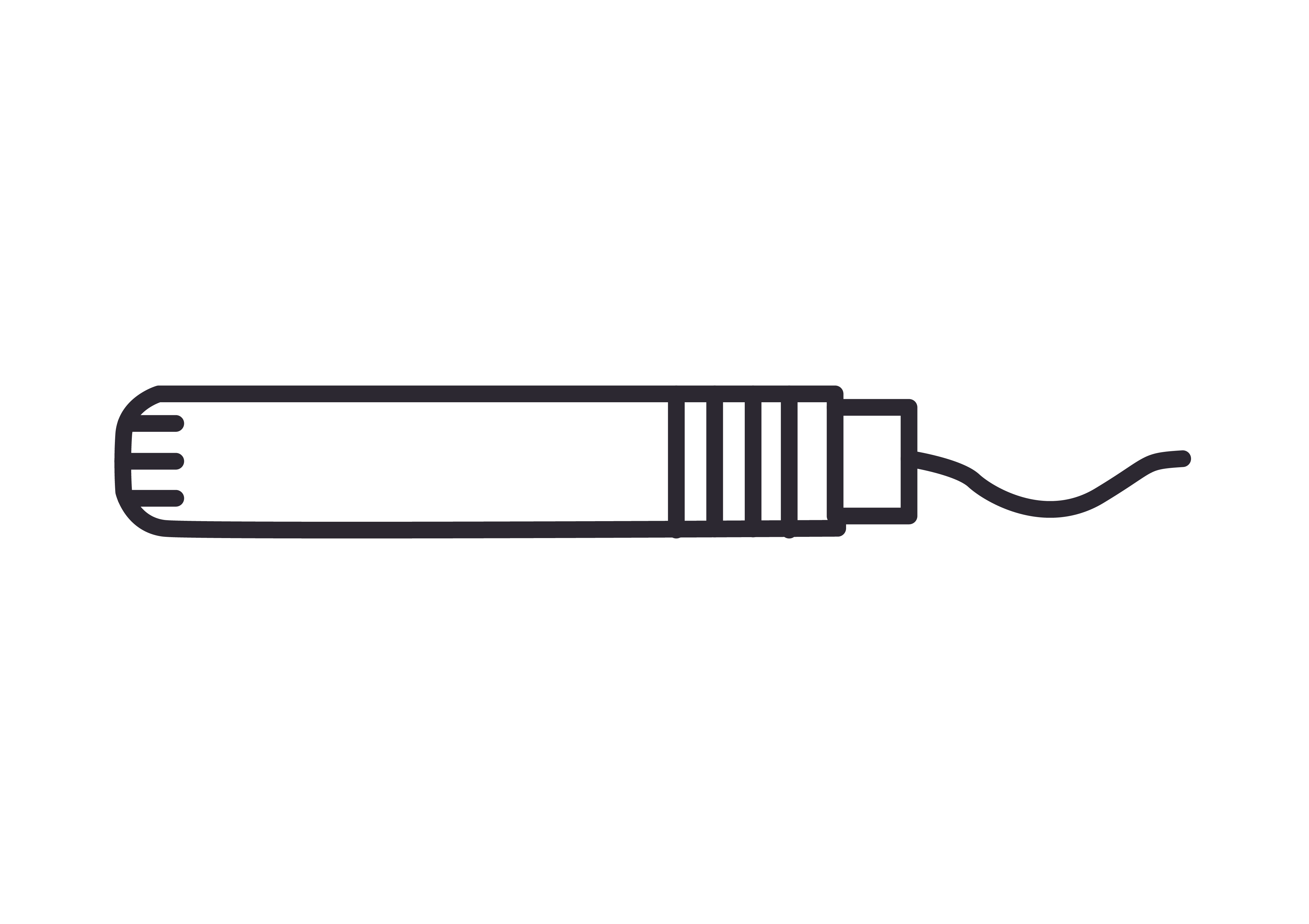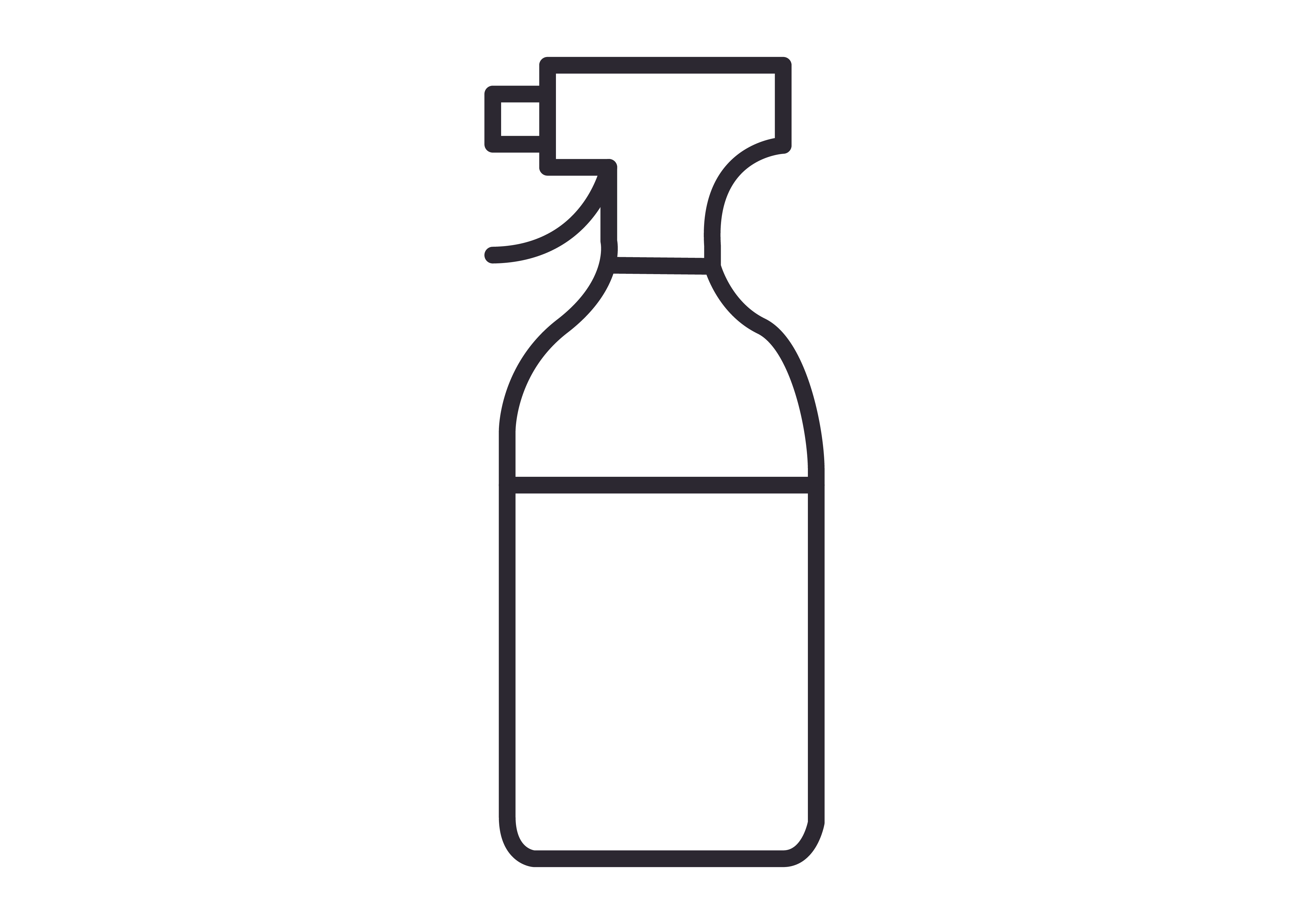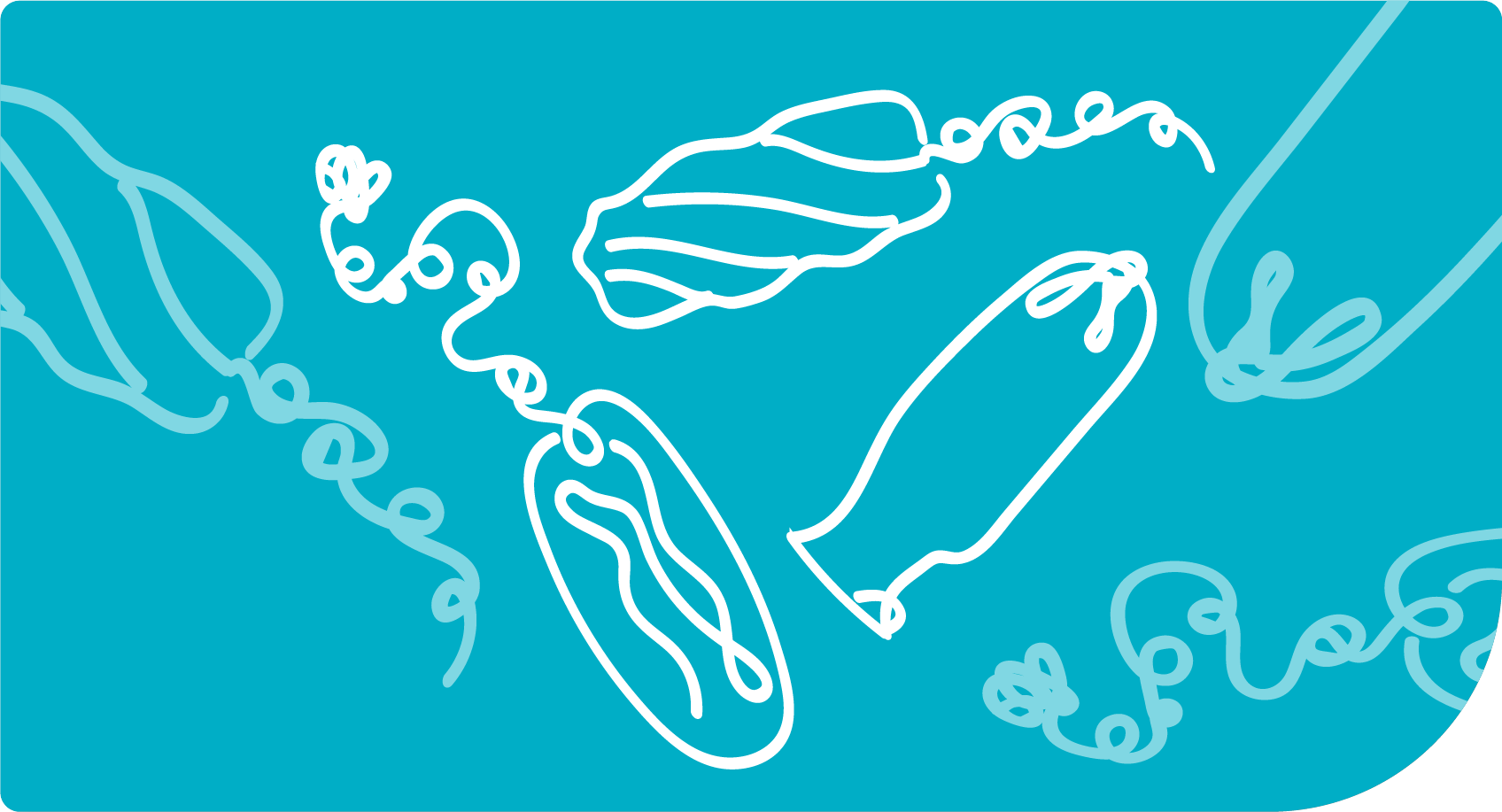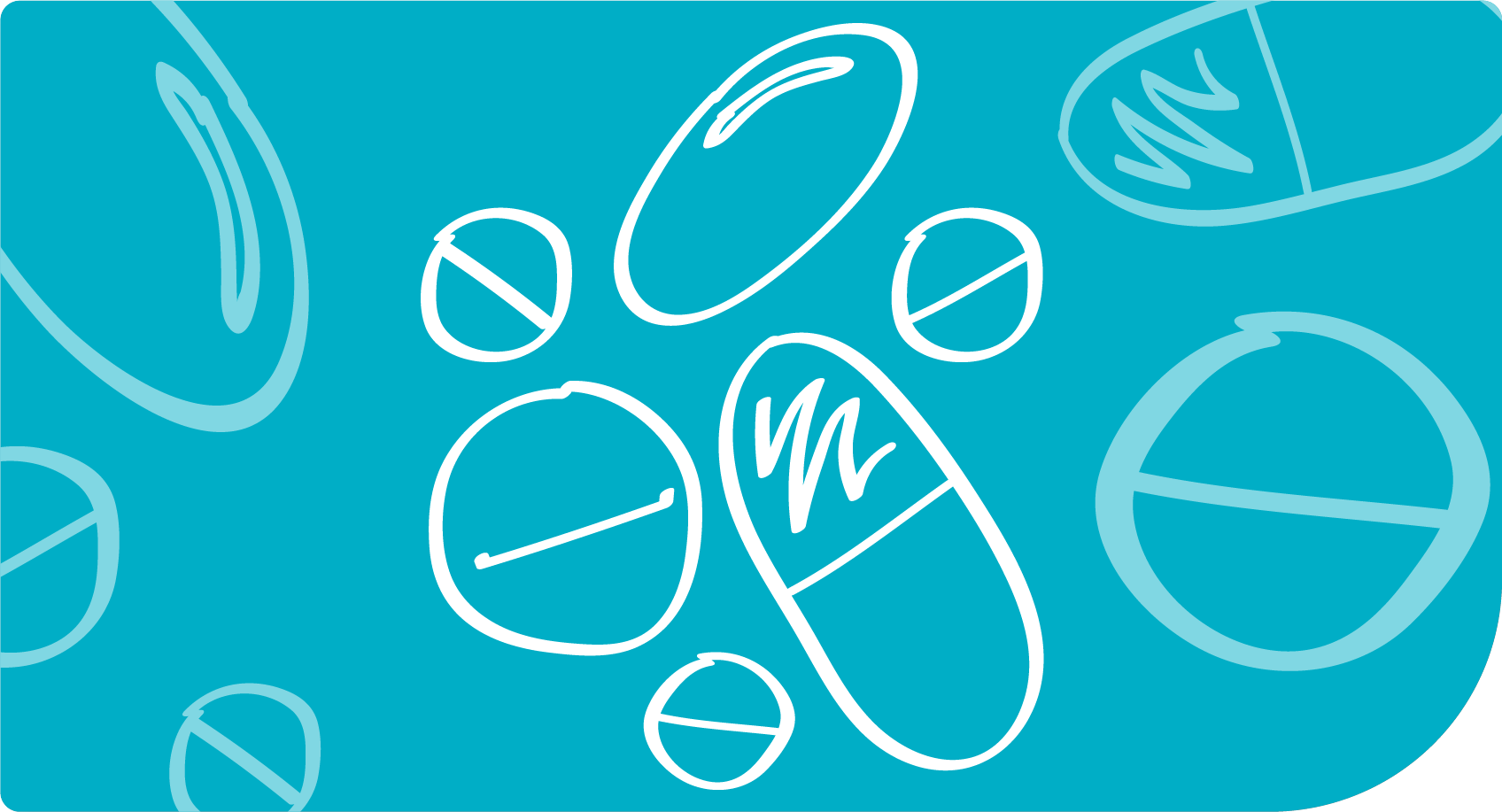Everything you need to know about toxic shock syndrome
If you’ve ever read the back of a tampon box you may have come across something called ‘toxic shock syndrome’. If you’re curious about what this is and what may cause it, you’re in the right place. Here’s everything you need to know about toxic shock syndrome…
What is Toxic Shock Syndrome (TSS)?
Toxic Shock Syndrome (TSS) is a rare but serious condition caused by the release of toxins from certain types of bacteria, most notably Staphylococcus aureus (staph) and Group A Streptococcus (strep). TSS can occur as a result of a number of different infections, but it is commonly associated with tampon use.
It is important to note that TSS is very rare and the risk of getting it from using tampons, particularly if you wear it for longer than recommended, is very low. However, it's important to be informed and take the necessary precautions.
Toxic shock syndrome can affect anyone, including men, children and postmenopausal women. Some other risk factors for toxic shock syndrome include:
- Skin wounds
- Surgery
- Menstrual cups
- Contraceptive sponges
- Diaphragms
- Viral infection such as flu or chicken pox
TSS is not spread from person to person and you do not develop immunity to it once you've had it, so you can get it more than once. If you've had toxic shock syndrome or a prior serious staph or strep infection, it’s a good idea to avoid using tampons or female barrier contraception in the future.
What are the symptoms of toxic shock syndrome?
Symptoms of TSS can vary, but here some to keep an eye for:
- Sudden high fever
- Vomiting
- Diarrhoea
- Dizziness
- Fainting
- Sunburn-like rash, particularly on your palms & soles
- Low blood pressure
- Confusion
- Muscle aches
- Redness of your mouth, eyes & throat
- Seizures
What are complications of toxic shock syndrome?
Toxic shock syndrome can progress rapidly. In the most severe cases, TSS can lead to organ & renal failure, shock and even death.
When to seek medical assistance for toxic shock syndrome
Immediately. TSS is considered a medical emergency and requires immediate medical attention.
How is toxic shock syndrome treated?
TSS treatment typically requires hospitalisation, intravenous antibiotics to fight the infection, and fluids to help maintain blood pressure.
How to reduce the risk of toxic shock syndrome
To reduce the risk of TSS, it is recommended to take the following precautions:
- Use the right absorbency tampon: TSS is most commonly associated with the use of super-absorbent tampons. It's important to use the lowest absorbency tampon that is appropriate for your menstrual flow. Read our blog on finding the best period care for your flow.
- Change tampons frequently: Tampons should be changed at least every 4-8 hours, or as directed on the product packaging.
- Wash your hands before and after inserting a tampon.
- Never have more than one tampon inside your vagina.
- Alternate the use of tampons with other menstrual products: Alternating the use of tampons with other menstrual products, such as pads or period pants, can also help reduce the risk of TSS. Read up on everything you need to know about period pants.
- If you’re sleeping with a tampon in, make sure you put a fresh one in just before you go to bed.
- Be aware of the symptoms of TSS: It's important to be aware of the symptoms of TSS and to seek medical attention if you suspect that you have the condition.
- Follow the instructions on the package: Tampon packages come with instructions, please follow them carefully
- Be aware of the risk factors: People with weakened immune systems, or who have recently had surgery, burns or other injuries, are at a higher risk of getting TSS.
It is very important to be aware of the symptoms of TSS and to seek medical attention if you suspect that you have the condition.
If you suspect you have TSS, seek medical attention immediately. Toxic Shock Syndrome gets worse very quickly and can be fatal if not treated promptly, but if it's diagnosed and treated early, most people make a full recovery.
Got another question about Toxic Shock Syndrome? Get in touch with us talktomesister@andsisters.com



















